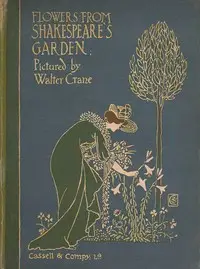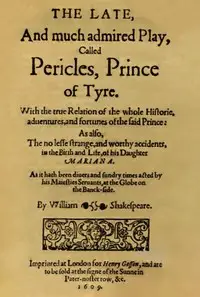"Hamlet, Prince of Denmark" by William Shakespeare is a sorrowful drama from the 1500s that centers on Prince Hamlet, a young man deep in thought, struggling with life's big questions after his father dies and his mother quickly marries his uncle Claudius, who then becomes king. Hamlet's journey is one of payback, mental instability, and trying to understand what it means to be human, showing how Shakespeare looked into the workings of the human mind. The play begins in Denmark, where soldiers see the spirit of the dead King Hamlet, which worries them. They tell Horatio, who believes they should let Prince Hamlet know. The new King Claudius tries to calm Hamlet's sadness, asking him to accept his father's passing and remain in Denmark, but Hamlet clearly dislikes his uncle's marriage. Alone, Hamlet shows how hopeless he feels, wishing he could simply not exist. The beginning of the play creates a feeling of argument and danger, pulling the audience into Hamlet's challenges with sadness, right and wrong, and the need for revenge.

Hamlet, Prince of Denmark
By William Shakespeare
A prince wrestles with grief and vengeance after his father's death reveals a kingdom consumed by secrets and betrayal.
Summary
About the AuthorWilliam Shakespeare was an English playwright, poet and actor. He is widely regarded as the greatest writer in the English language and the world's pre-eminent dramatist. He is often called England's national poet and the "Bard of Avon". His extant works, including collaborations, consist of some 39 plays, 154 sonnets, three long narrative poems and a few other verses, some of uncertain authorship. His plays have been translated into every major living language and are performed more often than those of any other playwright. Shakespeare remains arguably the most influential writer in the English language, and his works continue to be studied and reinterpreted.
William Shakespeare was an English playwright, poet and actor. He is widely regarded as the greatest writer in the English language and the world's pre-eminent dramatist. He is often called England's national poet and the "Bard of Avon". His extant works, including collaborations, consist of some 39 plays, 154 sonnets, three long narrative poems and a few other verses, some of uncertain authorship. His plays have been translated into every major living language and are performed more often than those of any other playwright. Shakespeare remains arguably the most influential writer in the English language, and his works continue to be studied and reinterpreted.













